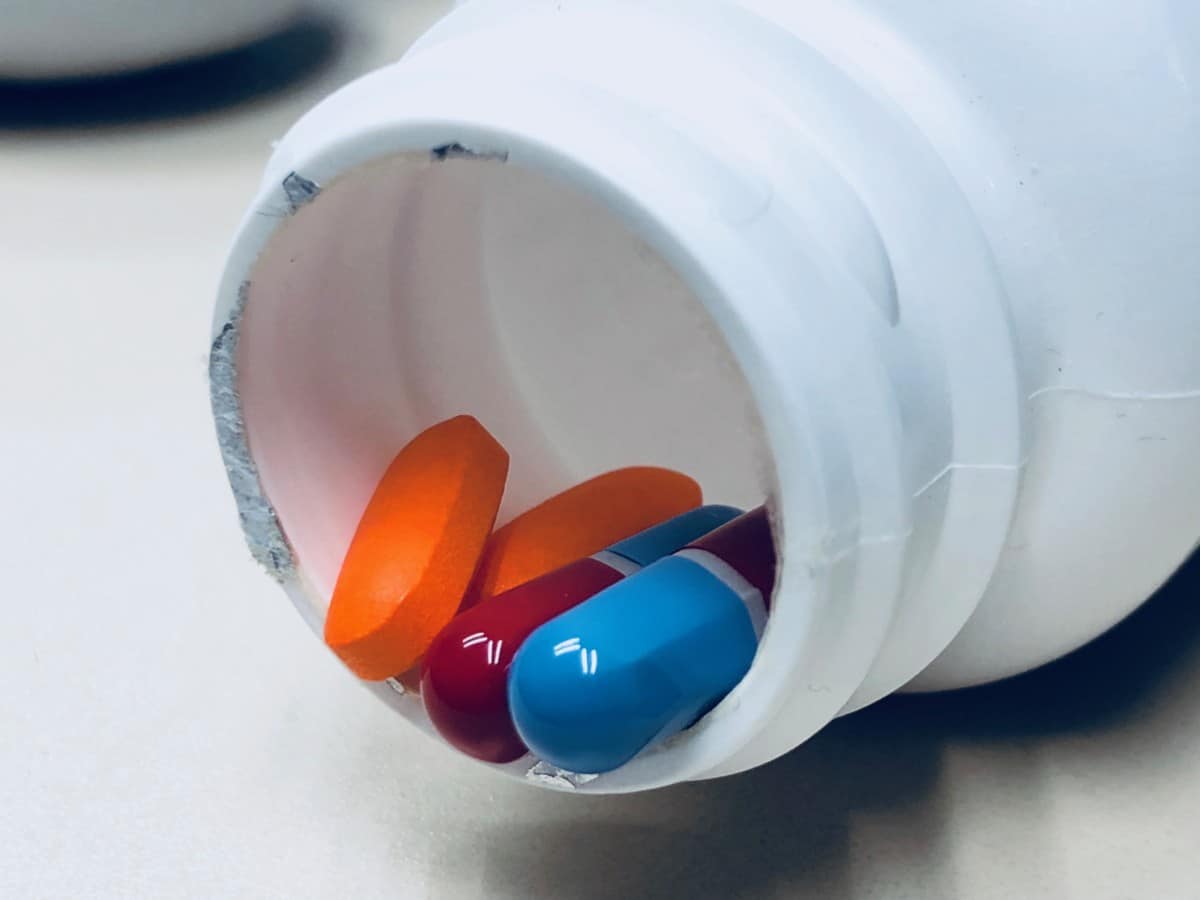As the Opioid Epidemic continues across the country, Walmart has become the latest pharmaceutical supplier to increase their effort in curbing access to the potentially deadly and addictive drugs.
A news release from the superstore conglomerate states that they are introducing new policies and rules to help reduce the amount of abuse and misuse of opioids at all Walmart and Sam’s Club pharmacies. The biggest change from the company states that there will be a seven-day supply limit on opioid prescriptions.
“Within the next 60 days, Walmart and Sam’s Club will restrict initial acute opioid prescriptions to no more than a seven-day supply, with up to a 50 morphine milligram equivalent maximum per day. This policy is in alignment with the Centers for Disease Control and Prevention’s (CDC) guidelines for opioid use. Where state law for fills on new acute opioid prescriptions is less than seven days, Walmart and Sam’s Club will follow state law.”
According to the Mississippi State Department of Health, nearly half of all opioid overdose deaths involve a prescription opioid. The department also states that the rate of overdose deaths involving opioids has doubled since 2000, and southern states, including Mississippi, have the most prescriptions per person for opioid painkillers.
In an effort to reduce the amount of forged or counterfeit prescriptions, pharmacies will also shift to requiring e-perceptions by 2020.
“We are taking action in the fight against the nation’s opioid epidemic,” said Marybeth Hays, executive vice president of Health & Wellness and Consumables, Walmart U.S. “We are proud to implement these policies and initiatives as we work to create solutions that address this critical issue facing the patients and communities we serve.”
The company’s statement also included a list of several other changes which will be implanted by the end of August 2018.
- In states that allow access, the company’s pharmacists will have access to and use the controlled substance tracking tool, NarxCare. NarxCare is a tool that helps pharmacists make dispensing decisions and provides pharmacists with the real-time interstate visibility that currently exists.
- Walmart and Sam’s Club are committed to having the opioid reversal medication naloxone behind the pharmacy counters of its stores and clubs and dispensing naloxone upon request, where allowed by state law. As an additional step, the company is reinforcing that its pharmacists provide naloxone recommendations for patients who might be at risk for overdose in alignment with CDC guidelines.
- The company will conduct additional training and education on opioid stewardship for its pharmacists, including a pain management curriculum.
In recent months, Walmart introduced their “Opioid Stewardship Initiative” which has created company-wide policies focusing on finding alternative treatment options, disposing of unused pills and educating communities on the dangers of opioids. Walmart included several of the initiatives actions in the release.
- Walmart and Sam’s Club pharmacy patients filling any new Class II opioid prescription receive a free DisposeRx packet and opioid safety information brochure when picking up their prescription. DisposeRx provides a virtually effortless way for patients to destroy leftover opioids without ever leaving home. Patients with chronic Class II opioid prescriptions are offered a free DisposeRx packet every six months. Existing pharmacy patients can request a free DisposeRx packet at any time.
- The company’s pharmacists counsel patients using the CDC’s guidelines on pain management, focusing on using the lowest effective dose for pain management for the shortest time possible.
- The company believes education on prescription drug abuse is a key part of the solution. Walmart U.S. helps sponsor youth-based curriculums on the risks associated with prescription drug abuse, including Prescription for Life with EverFi. These programs are educational tools that empower students with information and skills to address the opioid epidemic, should they face it in their community.
President Trump declared the opioid crisis a public health emergency back in 2017.




